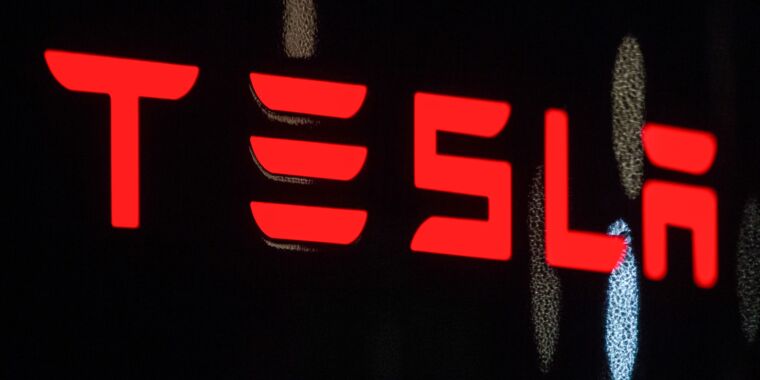Lawsuit targets 2016 claim that all Tesla cars "have full self-driving hardware."

arstechnica.com
Tesla is apparently contending in court that full self-driving needs lidar to be achieved.
I am not a lawyer, and only looked at this one article...but my read is:
- The plaintiff declared as part of the complaint something like: "I was expecting Level 4 or 5 capabilities, but my car only has the hardware needed for Level 2, because Level 4 and 5 require LIDAR and Tesla doesn't have that."
- Tesla's lawyers responded, effectively: "Okay buddy, but Elon has said many times publicly that Tesla's don't have LIDAR. So, you should have known that. Therefore, if YOU (the plaintiff) are claiming that LIDAR is needed for the capabilities you desire, then there can't be any fraud or deception. You believed the car needed LIDAR to achieve certain capabilities, and you should have known the car didn't have LIDAR, so you should not have expected those capabilities.
As to the other half of the quote from the Judge's statement:
"LoSavio plausibly alleges that he reasonably believed Tesla's claims that it could achieve self-driving with the car's existing hardware and that, if he
diligently brought his car in for the required updates, the car would soon achieve the promised results."
Eesh...this is just obvious evidence that at the very least the judge doesn't understand Tesla's over the air updates. If the judge got the wording from the plaintiff's complaint, then he and his lawyers don't understand either.
It's a lawsuit from a guy who had HW2 and was upset that Tesla wanted to charge a fee to upgrade his cameras to HW3.
Aha.
I only have vague memories...but didn't Tesla originally try to charge a fee for the hardware upgrade, and then later made it free for folks who had purchased FSD?
If that memory is correct, then I'm guessing either this guy DID buy FSD, but clung to the lawsuit even after Tesla made it free, or he DIDN'T buy FSD and somehow thinks he is deprived because he can't get the hardware for free until he actually pays for the capability the hardware would enable. In either case, I hope he and his lawyers travel together every few weeks to "diligently bring his car in for the required software updates."



